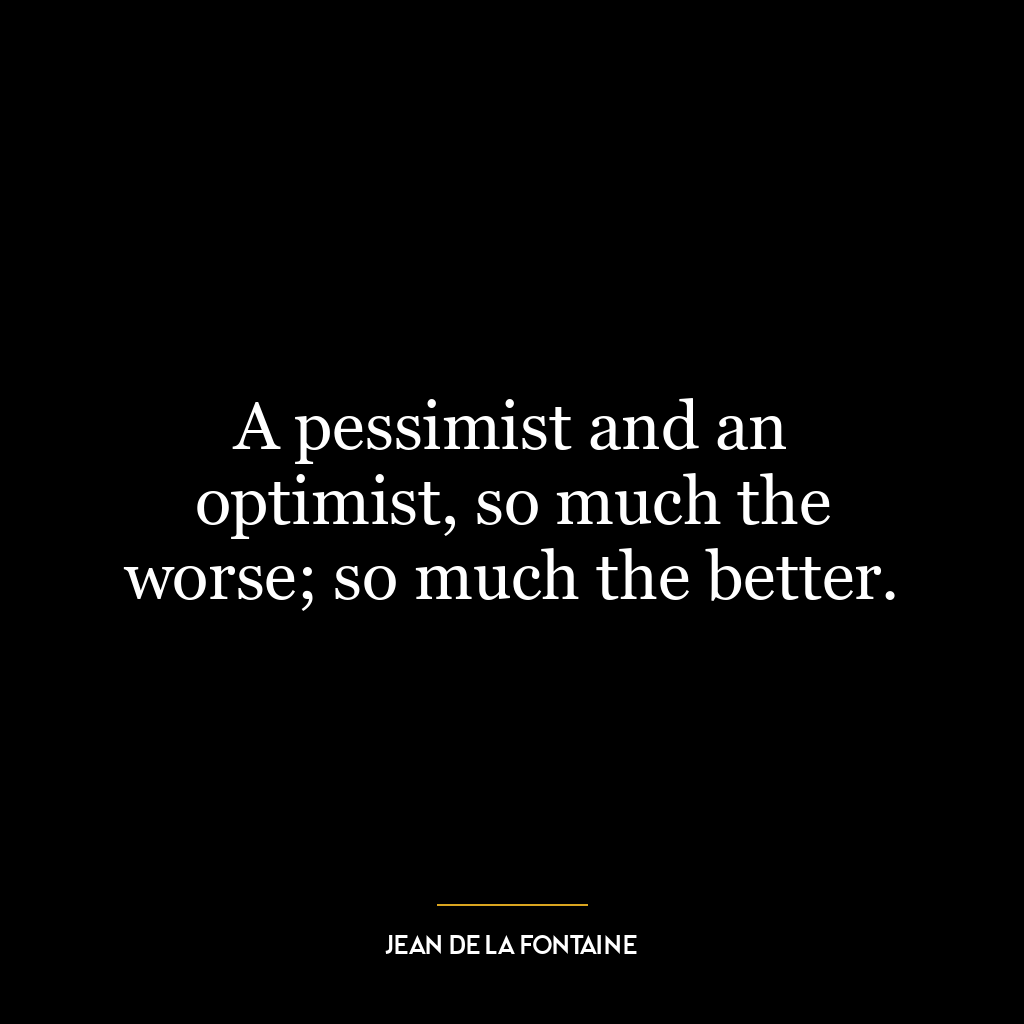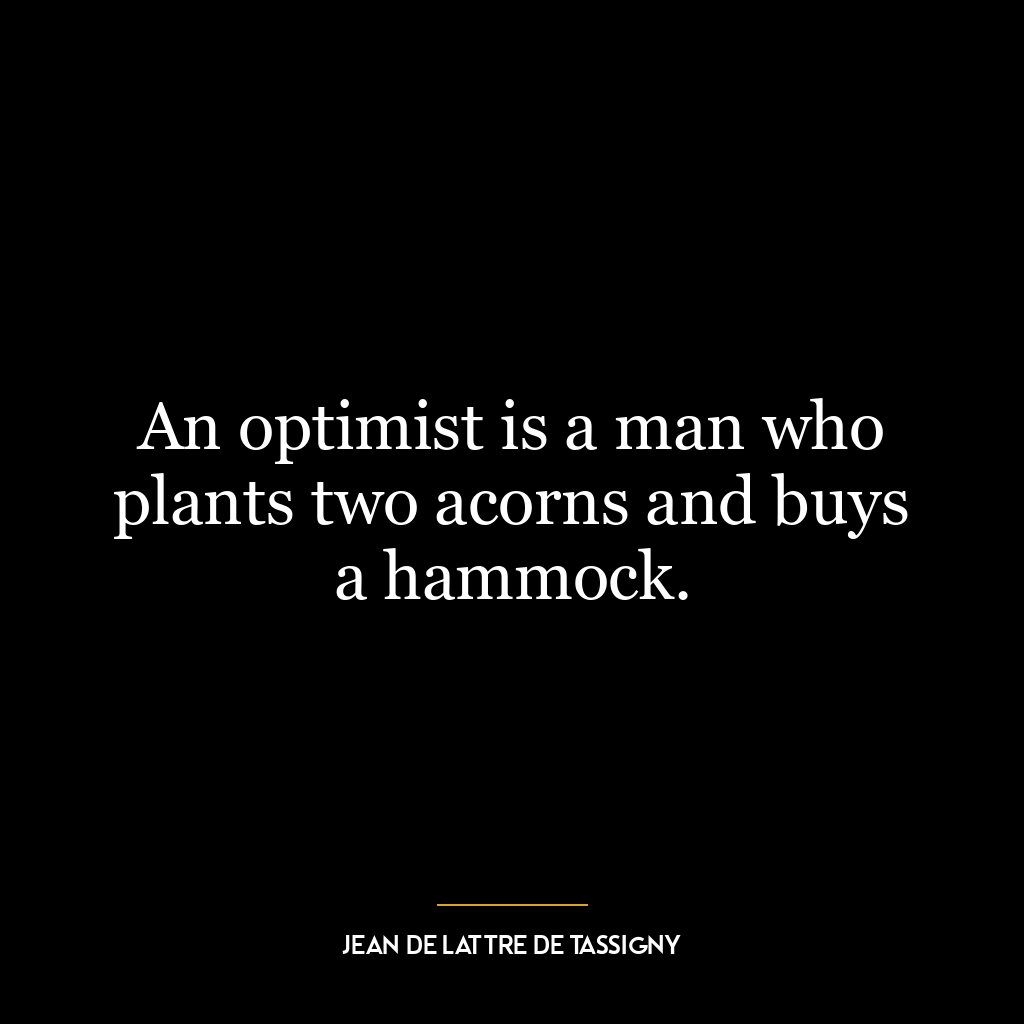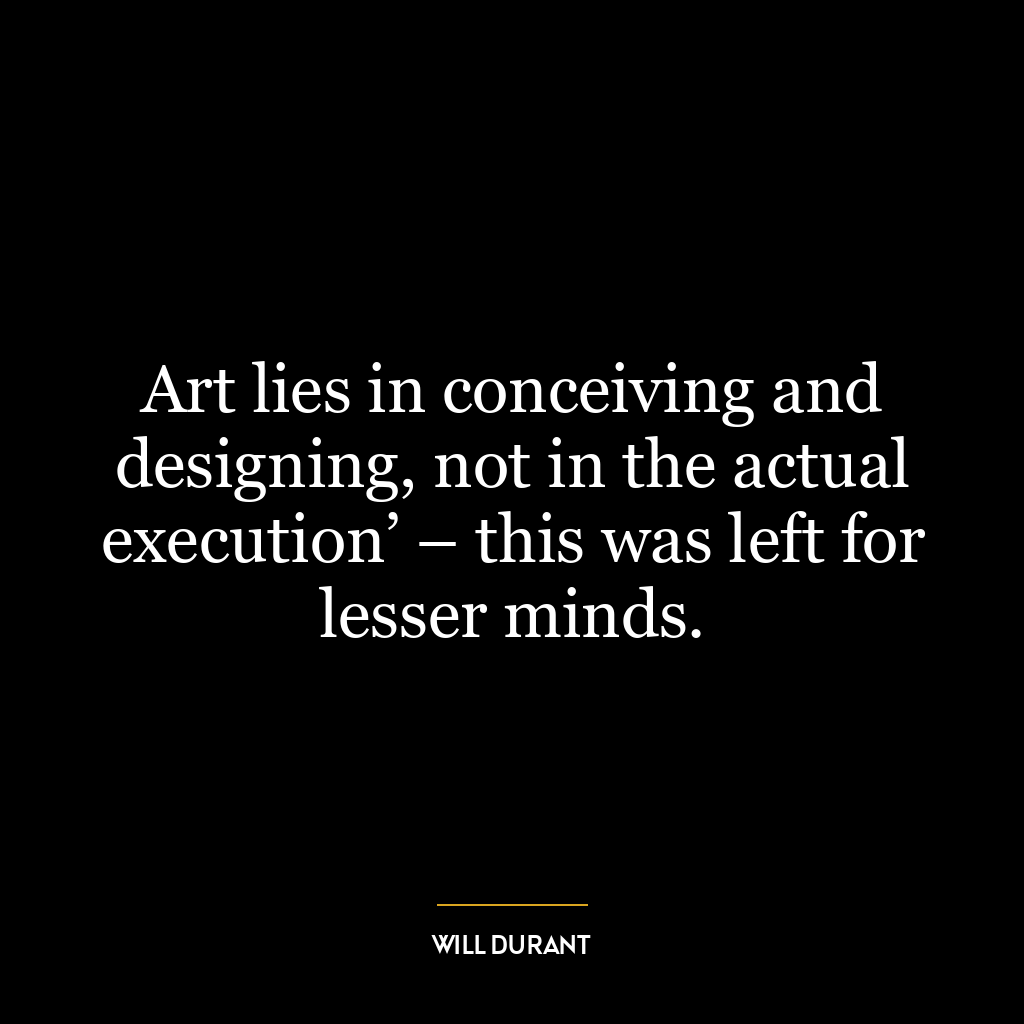This quote is a profound reflection on the evolution of societal optimism and its impact on future generations, or ‘posterity’. The term ‘forlorn child’ refers to the diminishing hope and optimism that was once prevalent in the 19th century. During this time, there was a strong belief in progress and the idea that each generation would achieve greater things than the one before it. This gave rise to an optimistic outlook towards posterity.
However, Cooley suggests that this optimism has faded over time, making it increasingly difficult to conceive of a brighter future for subsequent generations. This could be due to various factors such as economic instability, political turmoil, environmental degradation or other global challenges which can often lead us to question whether we are indeed progressing as a society.
Applying this concept in today’s world could be seen in how we approach issues like climate change or social inequality. Despite technological advancements and increased awareness about these issues, many people might feel disillusioned about our collective ability to address them effectively for future generations.
In terms of personal development, this quote could serve as a reminder of how our actions today will impact those who come after us. It encourages us not only to strive for individual success but also consider how our decisions contribute towards creating a better world for posterity. Despite any prevailing pessimism or challenges we may face today, it prompts us not lose sight of our responsibility towards ensuring an optimistic future for subsequent generations.













